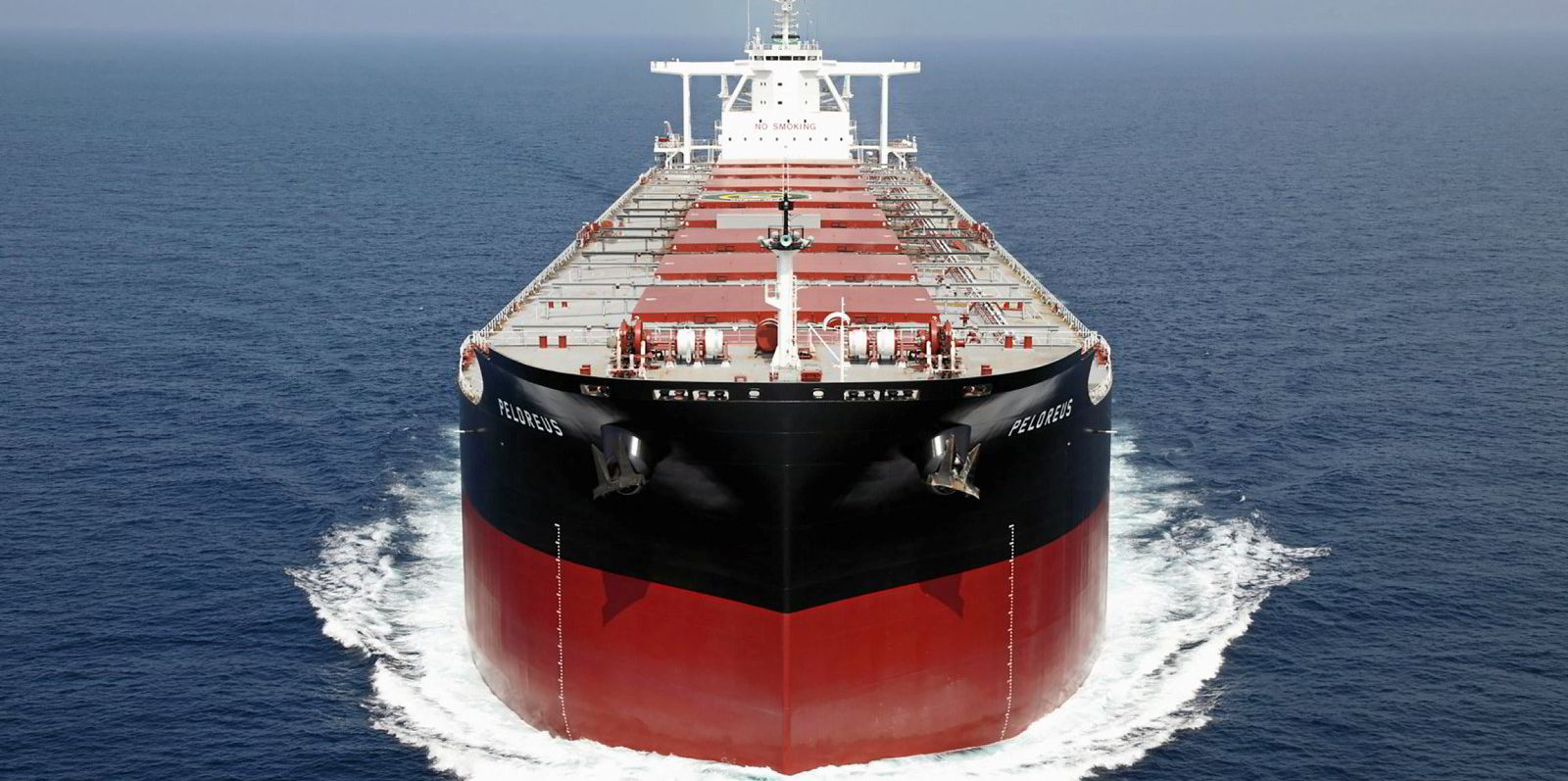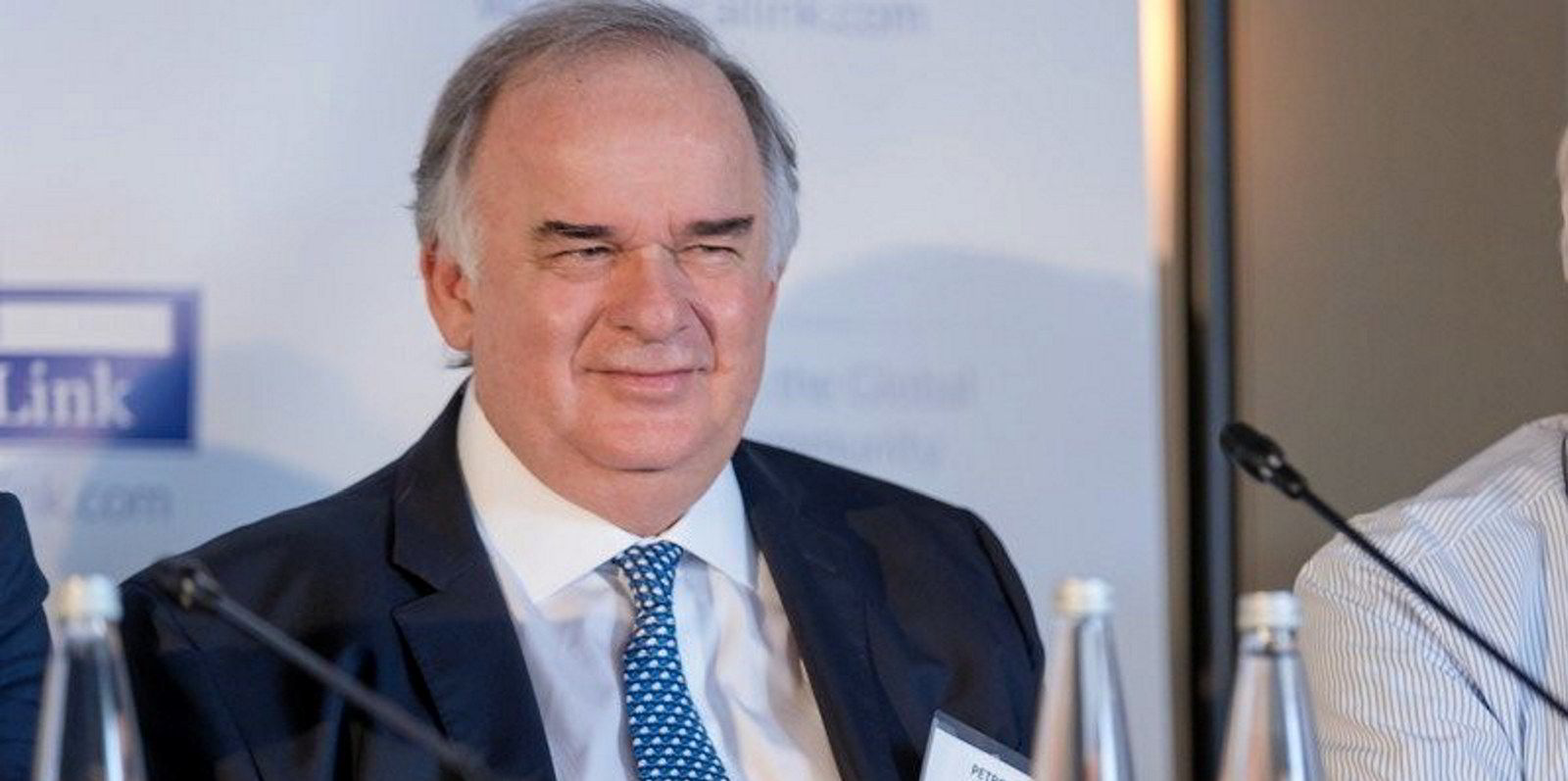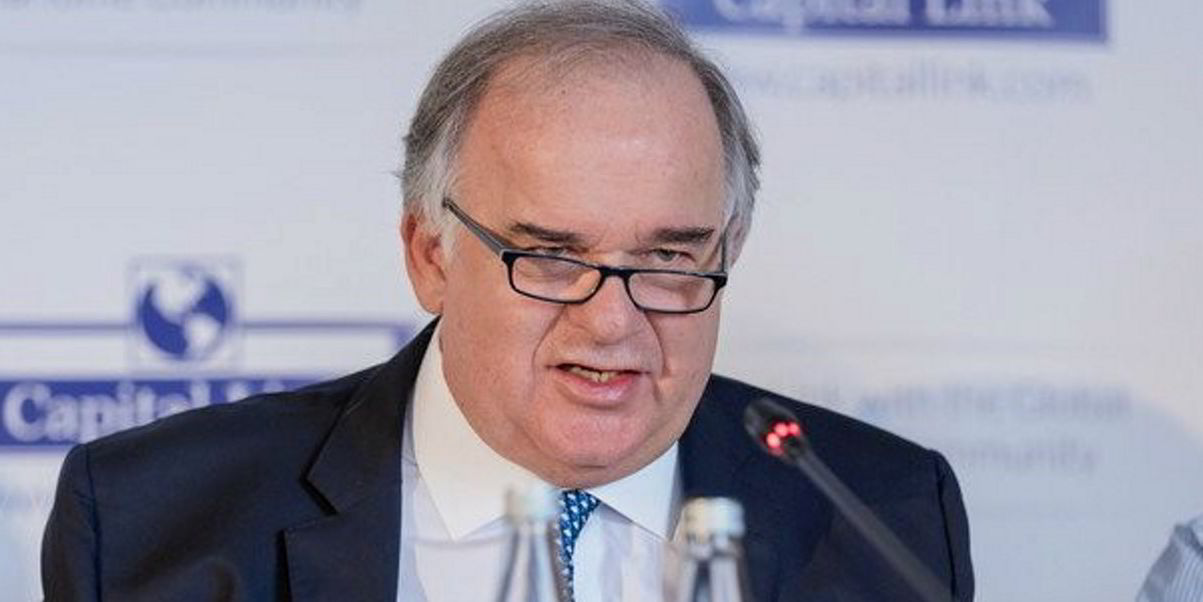Star Bulk Carriers is bullish on iron ore trading volumes for the second half of 2023 as the owner expects China to increase imports of the steelmaking commodity and the global economy to improve during this period.
China should take in more overseas iron ore in the second half because its inventory of this commodity is down to a three-year low of 126m tonnes as the country looks to ramp up construction, chief executive Petros Pappas said.
“We therefore expect that we will see more imports in the second half of the year, and more so from Brazil, which has not yet performed up to its expectations as far as exports are concerned, which will actually increase tonne-miles,” he said on Wednesday during a first-quarter earnings call with analysts.
“So we are positive about iron ore trade during the second half. I think China will increase its efforts on the infrastructure level.
“I’ve also seen that new floor spaces have gone down a lot, so I would expect that as China’s efforts to strengthen its economy continues, I think that we will see support for both the private and the public sector over there.”
China built CNY 5.48trn ($783bn) in new construction during this year’s first quarter, up from CNY 5.17trn worth of new construction carried out during the same period in 2022, according to China’s National Bureau of Statistics.
Pappas also said that he expects other countries to experience gross domestic product growth in the latter six months of 2023 as energy prices and interest rates decline during this time.
“I think it’s not going to be just China,” he said.
“I think we will see a better economic situation going forward, especially as interest rates will stop with their rise and may start even falling later on in the year.”
Pappas gave this prediction after his company experienced one of the least profitable quarters in a while.
The Greek bulker owner of 127 scrubber-fitted bulkers posted a $45.9m profit for the first quarter on Wednesday, marking a 73% drop from a year ago and the lowest profit since the second quarter of 2021.
The lower results were driven by Star Bulk’s first-quarter time charter equivalent earnings dropping 48% to $14,199 per day from a year ago as a result of a much weaker dry bulk market in this year’s first quarter.

The Baltic Dry Index (BDI) started the first quarter of 2023 at 1,250 points before bottoming out at 530 points on February 16 and then clawing its way to 1,630 points on March 15.
By comparison, the BDI began last year’s first quarter at 2,285 points before hitting a much higher low of 1,381 points on 28 January and then making its way to 2,727 points on 14 March.





